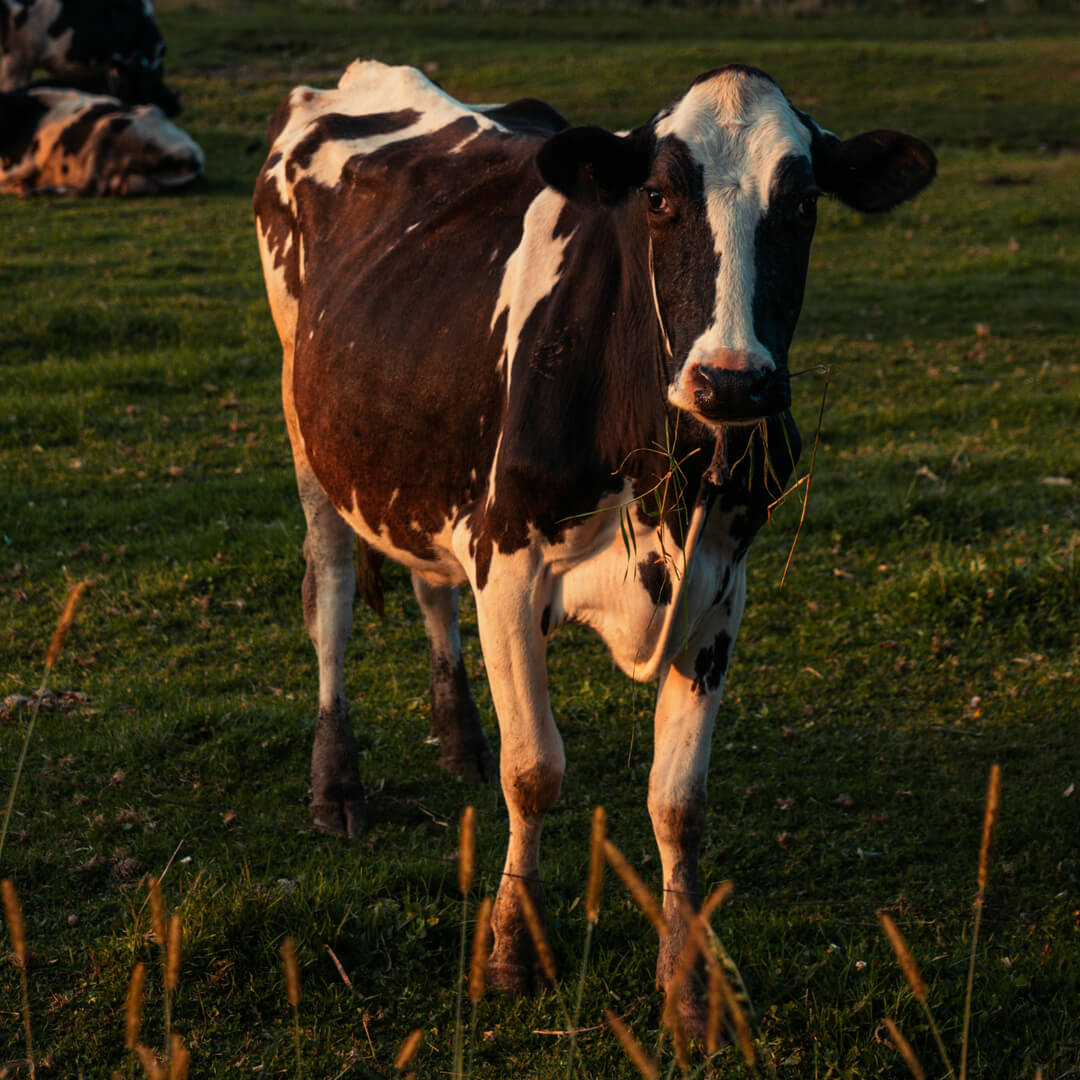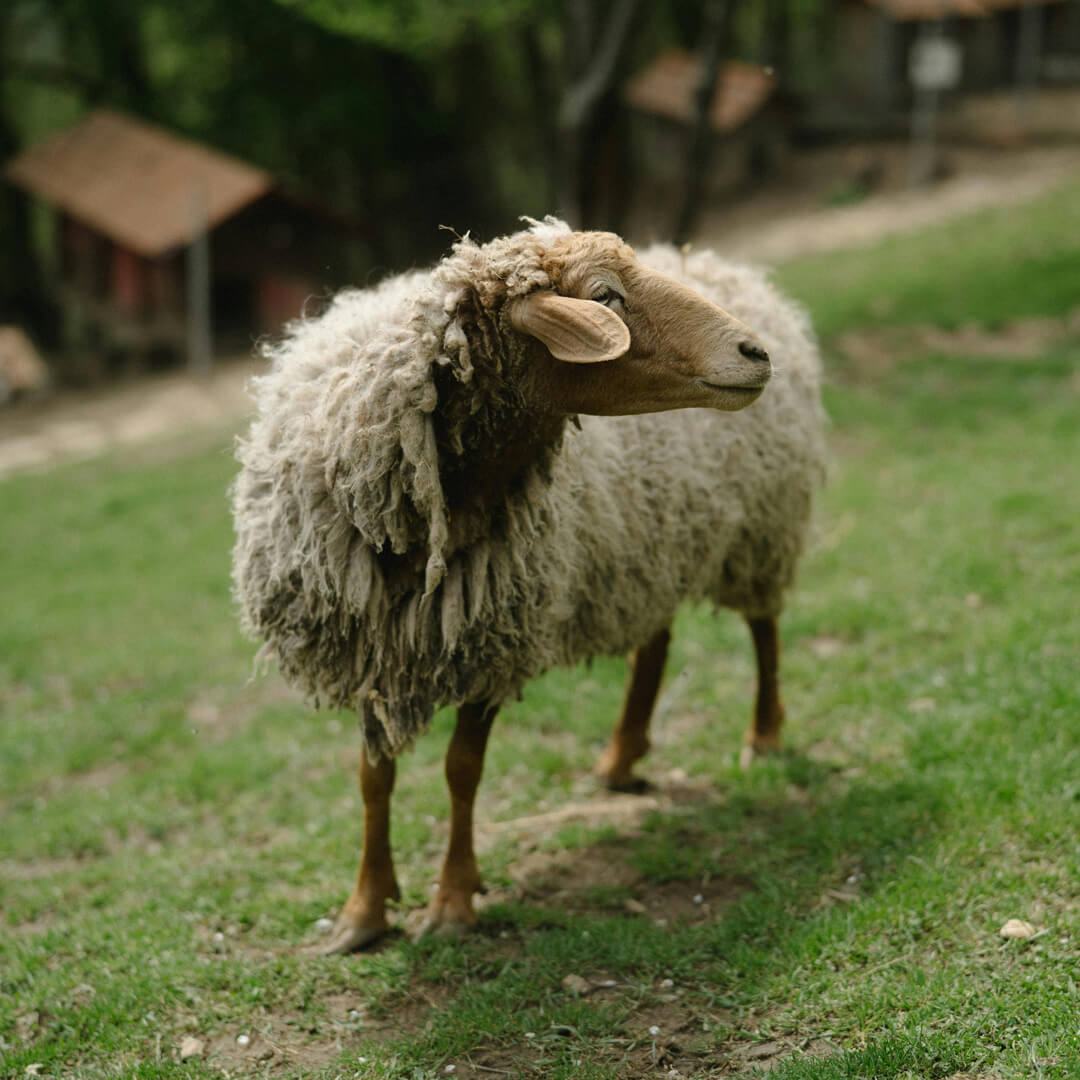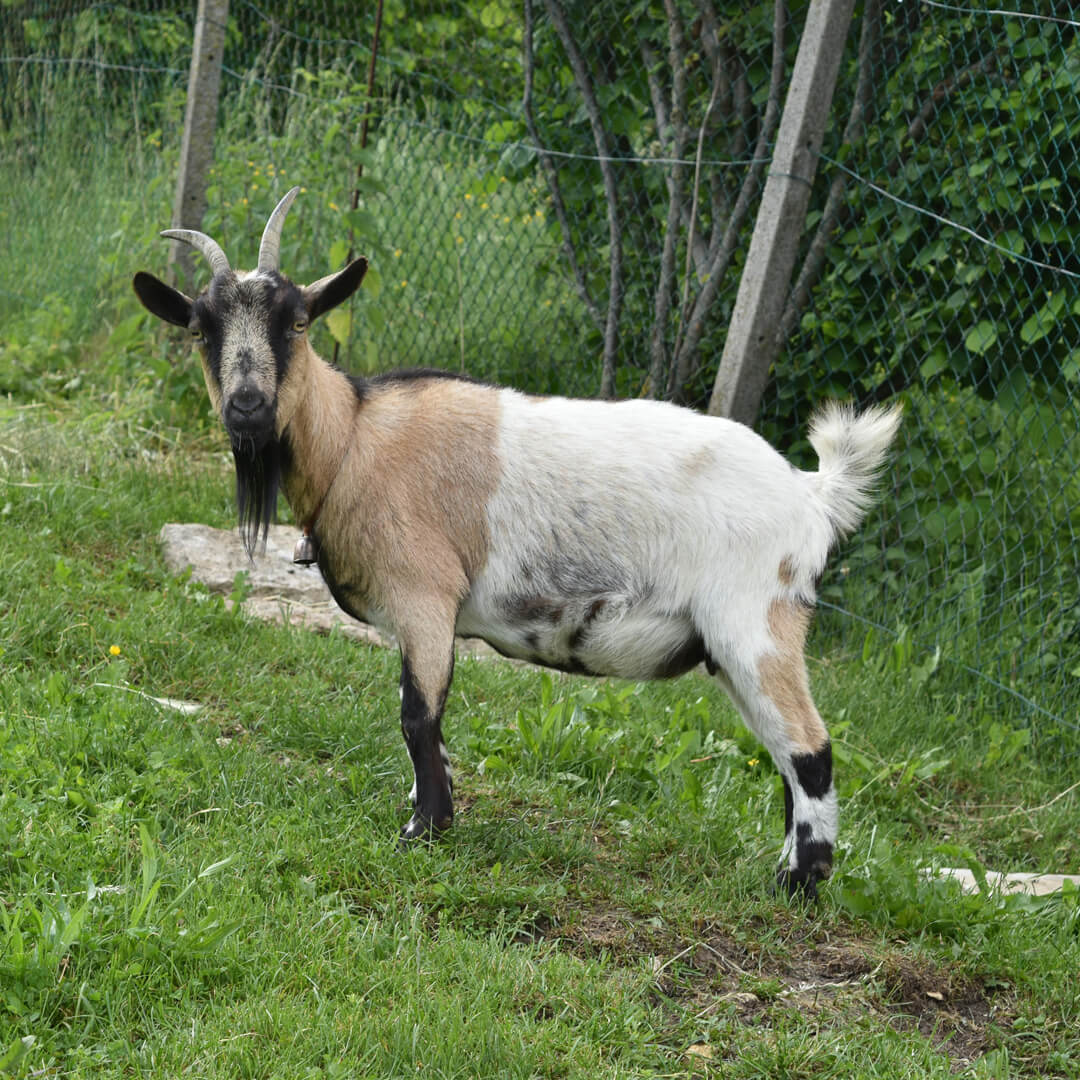Title of a longer featured blog post
Multiple lines of text that form the lede, informing new readers quickly and efficiently about what’s most interesting in this post’s contents.
The Importance of Livestock Health Management
When it comes to livestock farming, maintaining the health of your animals is crucial. Proper management of health ensures that your livestock not only thrive but also contribute to the overall success of your farming business. Here are some key points every livestock owner should consider:
- Vaccination Programs: Regular vaccinations are essential to protect your animals from common diseases. This helps reduce medical costs in the long run and ensures that your herd remains productive.
- Veterinary Check-Ups: Routine veterinary inspections help catch health issues early, preventing them from spreading across your livestock. Early detection and treatment are key to minimizing losses.
- Proper Nutrition: A balanced diet is vital for growth, reproduction, and overall well-being. Providing the right feed can significantly boost productivity and the quality of products such as meat, milk, or wool.
Sustainable Livestock Farming Practices
Sustainability is becoming increasingly important in livestock farming. To ensure long-term profitability and environmental balance, farmers are turning to sustainable practices such as:
- Rotational Grazing: This involves moving livestock between pastures to give land time to recover. It improves soil health and prevents overgrazing.
- Water Conservation: Efficient water usage is essential in farming. Implementing systems like rainwater harvesting can significantly reduce the environmental impact of livestock farming.
- Organic Farming: Raising livestock without the use of synthetic chemicals improves the quality of your products and contributes to healthier ecosystems.
Choosing the Right Breed for Your Farm
Selecting the right breed of livestock is key to meeting your farm's goals. Here are some tips for choosing the best livestock for your needs:
- Consider Climate and Terrain: Different breeds perform better in different environments. For example, certain cattle breeds are more suited to hot climates, while others thrive in cooler conditions.
- Evaluate Your Farm's Goals: Are you focused on dairy, meat production, or wool? Each goal may require a different breed or even a combination of breeds.
- Growth Rate and Feed Efficiency: Some breeds grow faster and convert feed more efficiently, which can affect your farm's profitability. Consider breeds that will help you maximize your returns based on your farm's setup.
Conclusion
Running a successful livestock farm requires a deep understanding of animal health, sustainable practices, and proper breed selection. By focusing on these elements, you can improve productivity, reduce risks, and contribute to a more sustainable future for farming.
Older Newer


